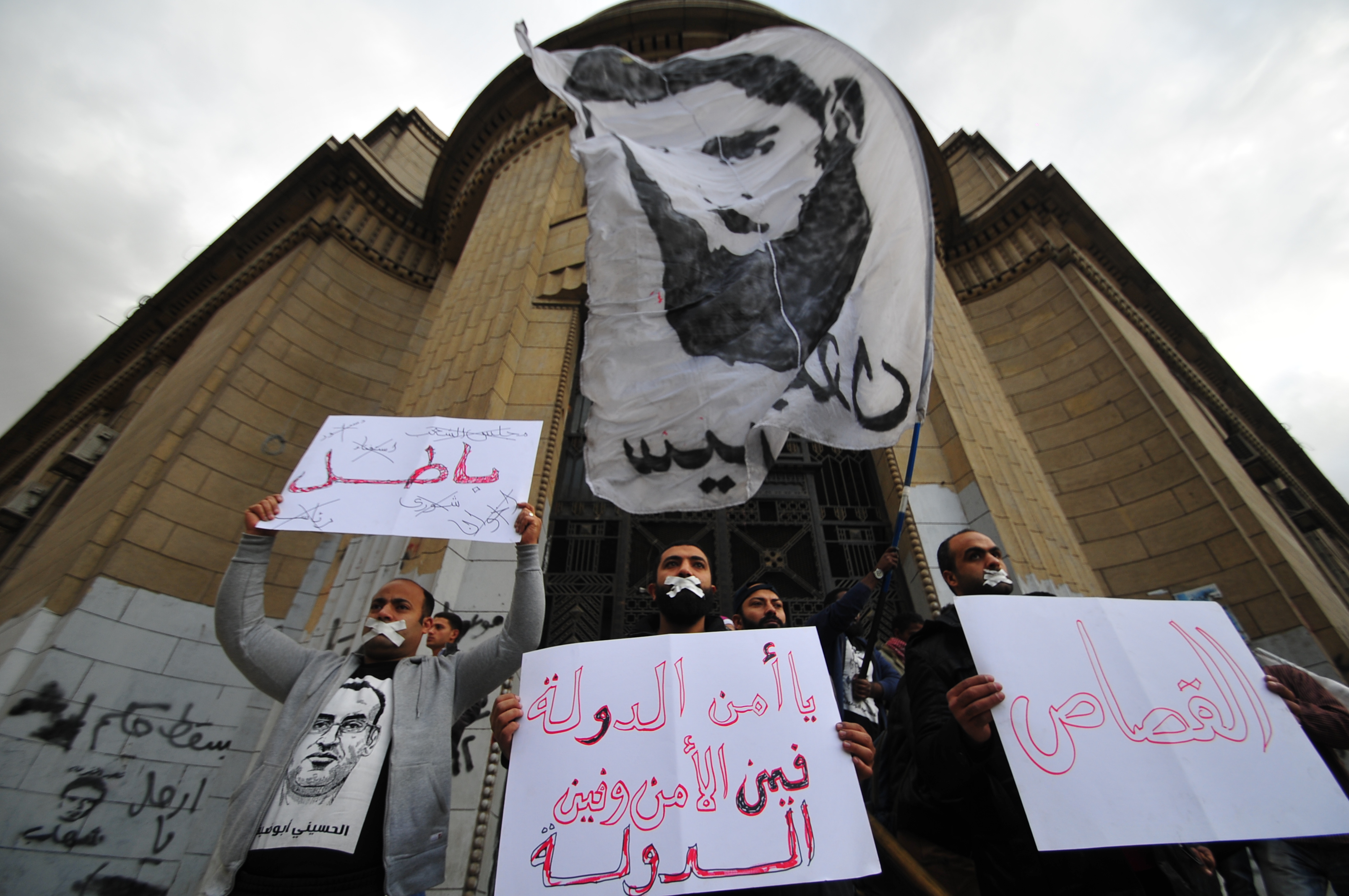CAIRO: Recent high-profile cases of Egyptian Christians claiming abuse at the hands of their Muslim countrymen have highlighted growing divisions between the two communities.
It s not as it was. People go less to each other s houses, says writer and political analyst Sameh Fawzi, bemoaning the increasing separateness of Egypt s six to 10 percent population of Coptic Christians.
Even at school and university you find specific monolithic groups.
The news is dominated by stories highlighting the groups differences: a Muslim convert to Christianity goes into hiding, foreign-linked Christians are arrested for insulting Islam, schoolboys are kept down a year for avowing their Christianity.
If you speak with Muslims today about what they think about Christians you ll find lots of fantasies like they come from a different planet. They don t realize they ve lived together for hundreds of years, says Fawzi.
While it is impossible to get official figures on sectarian violence, Hossam Bahgat, who heads the Egyptian Initiative for Personal Rights, says there has been a sharp increase in Muslim-Christian violence in the first half of this year.
There are rumors of forced conversions, girls being abducted into Islam or Christianity, and all this leads to sectarian violence, says Bahgat.
In response, activists on the Internet are using increasingly militant language, such as those from the provocatively named MECA (Middle East Christian Association) which had two members arrested in Cairo in July for insulting Islam.
They burn our churches, kill our men, rape our women … We will not give up or break down so long we are still alive and breathing, and till they kill all of us, Nader Fawzy, who lives outside the country, said on MECA s website after the arrests.
In a country of 70 million I m not astonished to find a few fanatics and the Christian fanatics are more and more, says Islamic free-thinker Gamal El Banna – whose brother Hassan founded the now powerful, albeit banned, opposition Muslim Brotherhood in the 1920s.
He says that while Al-Azhar, the country s highest Sunni Muslim authority, has what he calls a mediaeval attitude to religious conversion – that they must convert back or be killed – Christianity has a similar problem of inflexibility.
In Christianity the Church can speak in the name of God, as a result of which fanaticism in Christianity is more complex than in Islam, he says.
Everyone can say to (Al-Azhar s head Sheikh Mohammed Sayyed) Tantawi you are wrong, but no one can say that to (Coptic pope) Shenuda. He just says you re excommunicated .
Bahgat agrees that Christians are increasingly outspoken about the injustices they face, but says Muslim writers are also more prepared to discuss the problem. He says such a debate was unimaginable five years ago.
Discussion of issues of Coptic-Muslim intolerance was seen as driven by the West, implementing an alien agenda and undermining national unity.
Nevertheless, the vestiges of such a mentality remain.
The reason that religious controversies are currently in vogue is that unfortunately certain Christian organizations abroad … are being used to foment trouble, the official Al-Ahram Weekly quoted a prominent member of Al-Azhar as saying last week.
There are Muslims who are being bribed and brainwashed to become Christian, Abdel-Moeti Bayoumi said.
Other commentators suggest that the recent spate of sectarian interest is simply down to a lack of other news over the summer, and that people will forget about it all in September.
Religious excitement has become a permanent topic in newspapers and on satellite channels, in particular when the political situation is stagnant in the summer, says writer Fawzi.
These media outlets live off this kind of exciting story. They find no other news, so they encourage sectarian polemics as a way to attract an audience. For them it s like a football match – someone has to win and someone has to lose. Agence France-Presse

